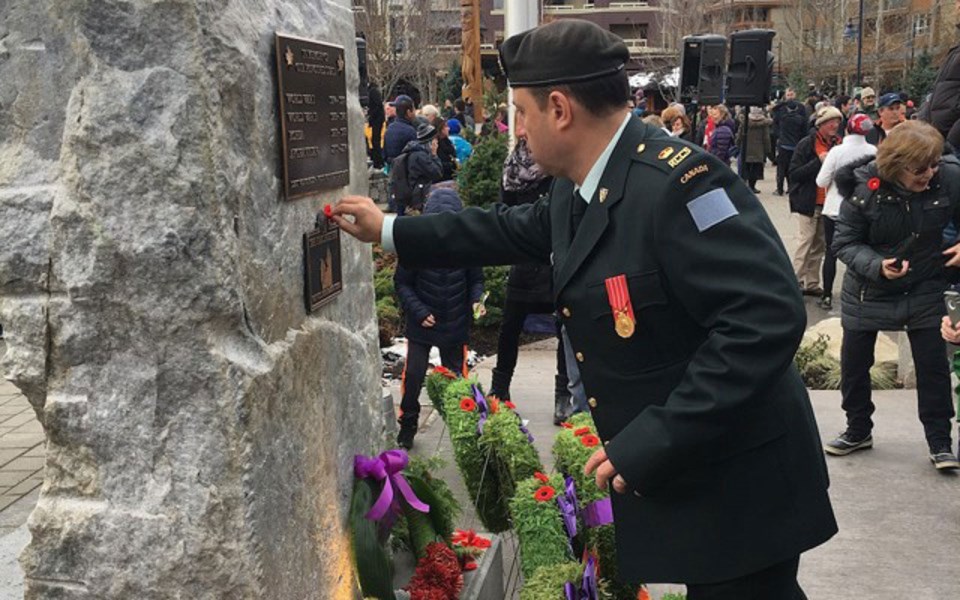I don’t know about you, but I never imagined I’d be living through a moment of global history.
The idea that, in my lifetime, an event would come along that would change everything about how our world operated never crossed my mind, even in passing.
As much as we’ve been tossing around the word “unprecedented” (and “pivot” and “Zoom” as a verb—not in the zipping-along definition of the word), in some regards there is precedent for some of the aspects of this crisis.
There is precedent for events that affect almost every member of the global community, in which some people suffer more deeply than others, and during which life feels like it might never return to normal.
We’re set to mark some of those tragic events on Nov. 11, though, of course, like all community gatherings, it will look a little different this year.
To that end, Remembrance Day seems especially poignant in 2020.
This isn’t to downplay how hard life is for many people right now. If your mental health is suffering, you are certainly not alone, and there are resources like those offered by Whistler Community Services Society (mywcss.org). I feel deeply for everyone whose social connections, livelihood, and future plans have been affected.
But sometimes, for some people, it helps to count the ways in which we’re actually lucky by comparison to so many who had to live through and fight in World Wars.
In the most simplistic terms, from 1914 to 1918 and again from 1939 to 1945, families around the world had to send their loved ones to fight bloody wars without ever knowing if they would return. Yes, ostensibly, people could still come together for gatherings and celebrations—that is until 1918 when the Spanish flu broke out, ultimately infecting a third of the world’s population over two years.
Can you even fathom dealing with a pandemic like COVID-19 after a World War that killed 8.5 million soldiers?
If anything, the current pandemic can give us a glimpse into that unique horror—only imagine if there were fewer medical resources, less advanced science, and a higher mortality rate for a larger demographic of people.
Then, less than two decades after overcoming those global tragedies, another World War broke out—this time killing 20 million soldiers. (That’s not even counting civilian casualties.)
By comparison, we have so much more control. Yes, many of us worry about loved ones contracting the virus, but there are several ways everyone can mitigate their risks.
Rather than being asked to put our lives on hold so our loved ones can head overseas in bloody combat, we’re being asked to put aspects of our life on hold and, instead, skip out on gatherings, wear masks, and wash our hands.
And somehow, there are people who have the audacity to complain that donning a little cloth over their face is infringing upon their rights.
I very much hate the term snowflake (mostly because of the type of people who use it), but I’m not sure there’s ever been a more apt situation for it.
You’re not being asked to potentially sacrifice your life; you’re being asked to wear a mask for what will hopefully be a reasonably short period of time in the span of your life. (And, hey, they come in really cute patterns now anyway.)
A little perspective can sometimes be helpful. While most of us aren’t looking forward to winter with higher COVID numbers, fewer parties, and more personal precautions, it’s good to keep in mind that it certainly could be worse.
The next time you complain about having to hunker down in front of Netflix in your safe, warm, comfortable home, cast your memory back several decades and consider the people who would’ve been happy to trade places with you.
Lest we forget.




